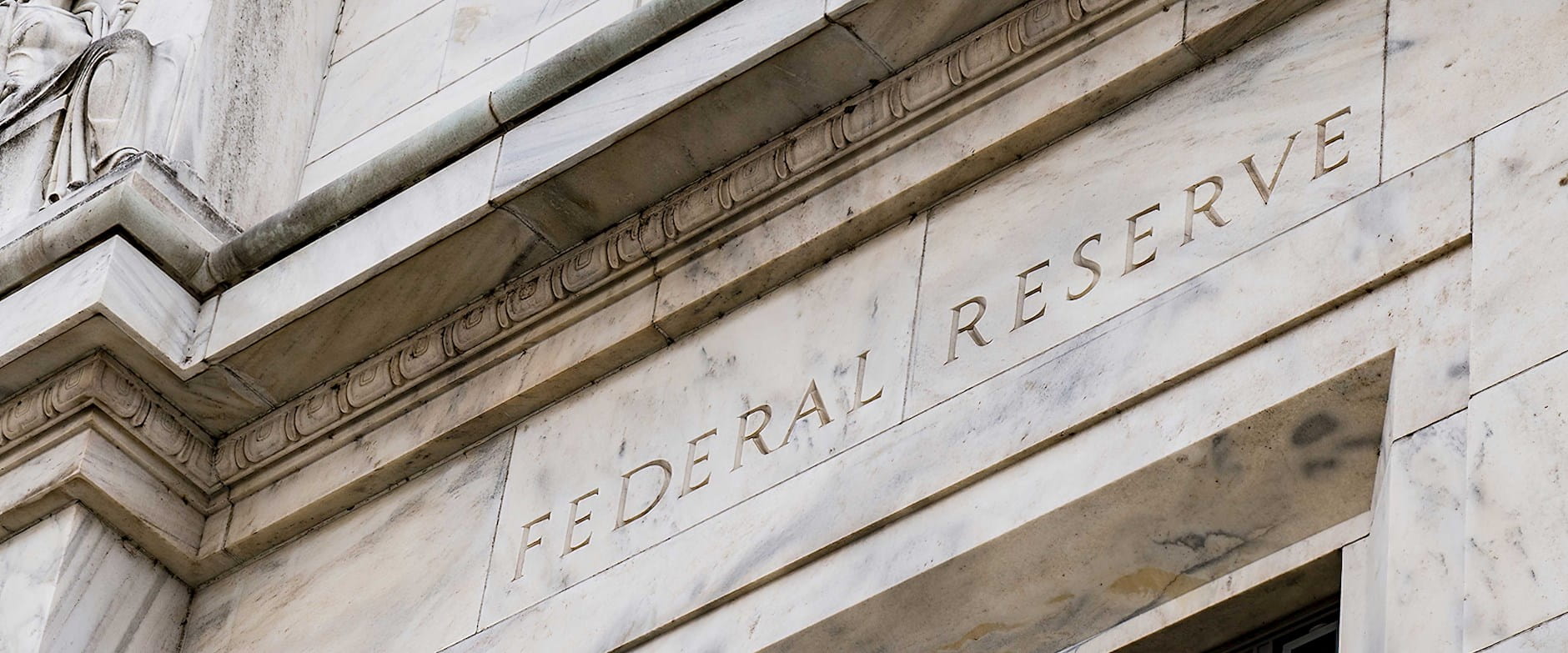Many people have been very concerned that the reforms that came after the financial crisis—in particular the Dodd-Frank reforms that put more restrictions on what the Fed could do on its own using its emergency powers, that now had to get the OK and sign-off of the Secretary of the Treasury—might make it much slower to act.
We certainly have seen that’s not the case at all. I think the Fed has been able to stand up the programs that we had when I was there a decade ago, plus do a lot of innovative new programs very rapidly. And I think, in part, the reason for that is precisely because the Treasury Department and the Secretary of the Treasury are not simply saying, “Oh, I’m 100 percent behind the Fed. I think that’s fine that the Fed is doing that.”
It’s different now. The Secretary of the Treasury’s now locked arms with the Fed. The Secretary of the Treasury now has to formally write a letter to say, “Yes, I think this is the right thing that the Fed is doing.”
What’s interesting now is that they’re working with the Fed on all of these programs. Many of the programs that the Fed has stood up—and that we have stood up on our own—are now using some backing from the Treasury, some of the money either that they had from the Exchange Stabilization Fund or some of the money that has come from Congress.
Congress, in the CARES Act, also gave very explicit direction for the Treasury and Fed to work together to come up with new programs. That’s something that would have never been done in the past.
So I think it’s a very interesting and unintended consequence of Dodd-Frank, which many people had feared would mean that the Fed couldn’t act quickly and the Fed couldn’t act boldly. In some sense it’s empowered it to act much more boldly than when I was there a decade ago.
The question going forward is: Is it acting too boldly? It is now taking a lot more risk on its balance sheet. It’s getting into areas that the Fed would not have gotten into when I was there because one of the requirements of the Federal Reserve Act, even using the emergency powers, is that there would be sufficient collateral for the Federal Reserve Board to feel comfortable in making these loans.
That doesn’t mean that there can’t be any losses, but you have to have sufficient comfort in the collateral. If the Fed is going to be doing Main Street lending or supporting small-business loans, those are very risky loans. It’s very difficult to make sure that you have enough collateral for those. But if you’re getting some collateralization that’s coming in from the Treasury Department, putting the Treasury Department effectively in the first loss position, that’s going to allow the Fed to feel comfortable in going further out on the risk curve.
The question is: How far out on the risk curve should it go, and how entwined in the politics of who gets what when does the Fed now become?
So it’s a very interesting question that I think hasn’t gotten enough attention. It’s one that I think we can only know over time.
I think it’s important that the Fed has acted quickly and boldly, but we’ll see if there’s a second unintended consequence of Dodd-Frank that it’s now making the Fed too much involved in the political process, rather than hamstringing it so it couldn’t be doing what it needs to do to fight a crisis.
